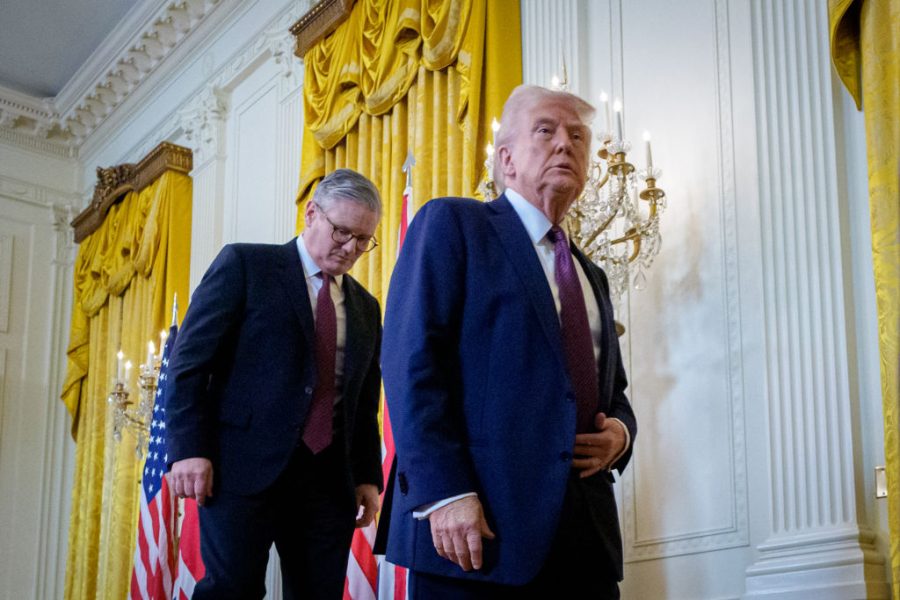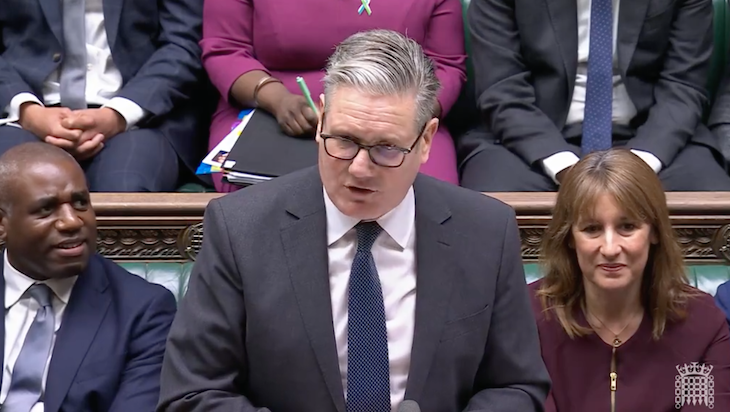The UK should have been doing everything possible to secure an exemption from Trump’s tariffs. We could have scrapped the digital services tax that is largely levied on the American tech giants. We could have opened our agricultural markets – even to chlorinated chicken. Heck, we could have offered President Trump his own apartment in Buckingham Palace, given how much he loves the royal family. This was the opportunity of the decade – but the Starmer government has already blown it.
We will find out the full extent of the tariffs Trump plans to levy on all of America’s main trading partners tomorrow on what he has oddly termed ‘Liberation Day’. Given how chaotic the White House often is, the final details are probably still being worked out. One point is clear, however. Tariffs will be imposed on the UK, along with the European Union, and all the other main exporters. Given that the US is our largest single export market, and that the economy is already struggling to record any meaningful growth, that will hurt. Our exports will be hit at the worst possible moment.
But surely it should have been very different? Donald Trump has never been consistent exactly, but he has said several times that he was open to negotiating a carve-out for the UK. Ministers were briefly confident that they could get a deal. If we had managed to do so, it would have given our economy a huge boost.
First, our exports would have avoided the tariffs, making it far easier, taking just one example, to sell luxury British cars instead of high-end German vehicles in the American market. Next, it would have provided a huge incentive for European manufacturers to shift production to the UK, so that they could have also avoided the tariffs. We would have exported more, and attracted more inward investment, and that was surely a prize well worth having.
Sure, we might have had to make some concessions to get a deal over the line, but that wouldn’t have been a bad thing either. The digital services tax is a badly designed levy anyway. Open our agricultural markets to American produce would have meant cheaper food – hardly the end of the world.
It would have been well worth both concessions – and perhaps a few more – to secure a carve-out for the British economy. Instead, the Starmer government was too slow, too timid, and too confused about what it wanted and what it was willing to offer in exchange. And over the next few years, as the tariffs start to bite, that will prove a very costly mistake.







Comments